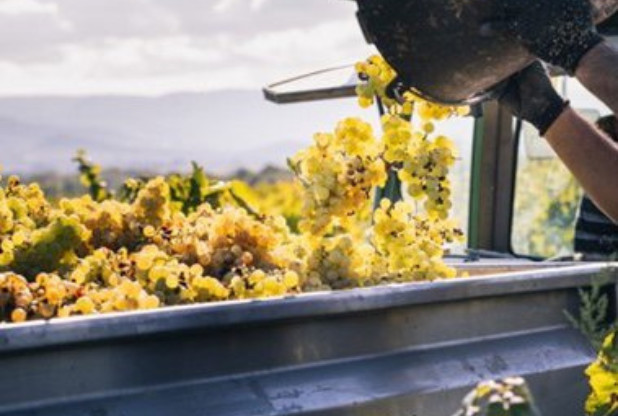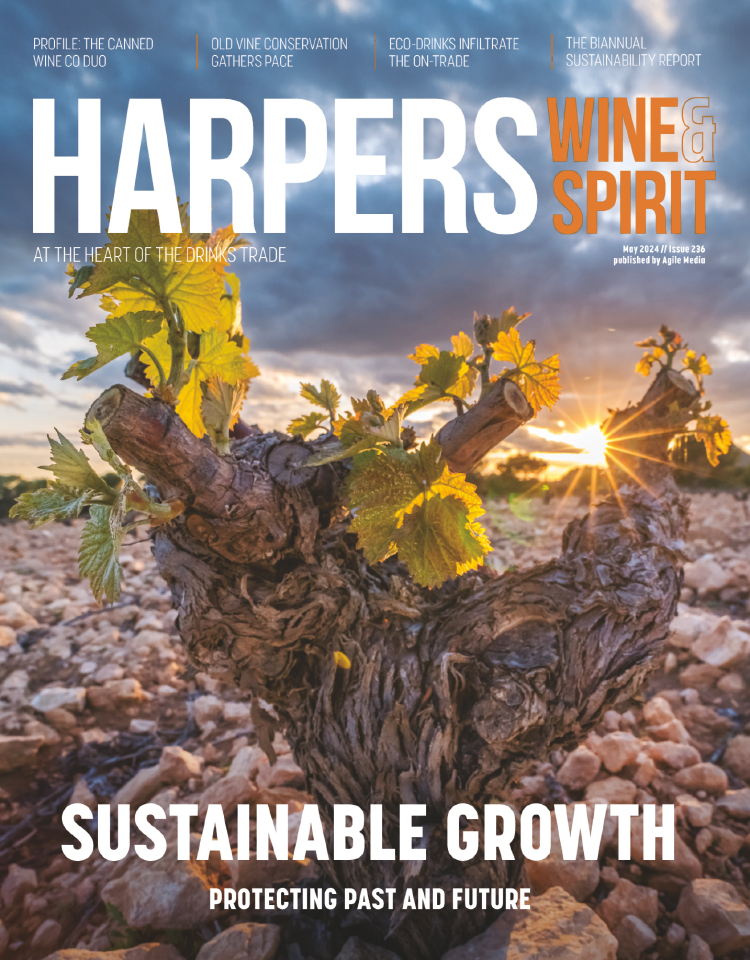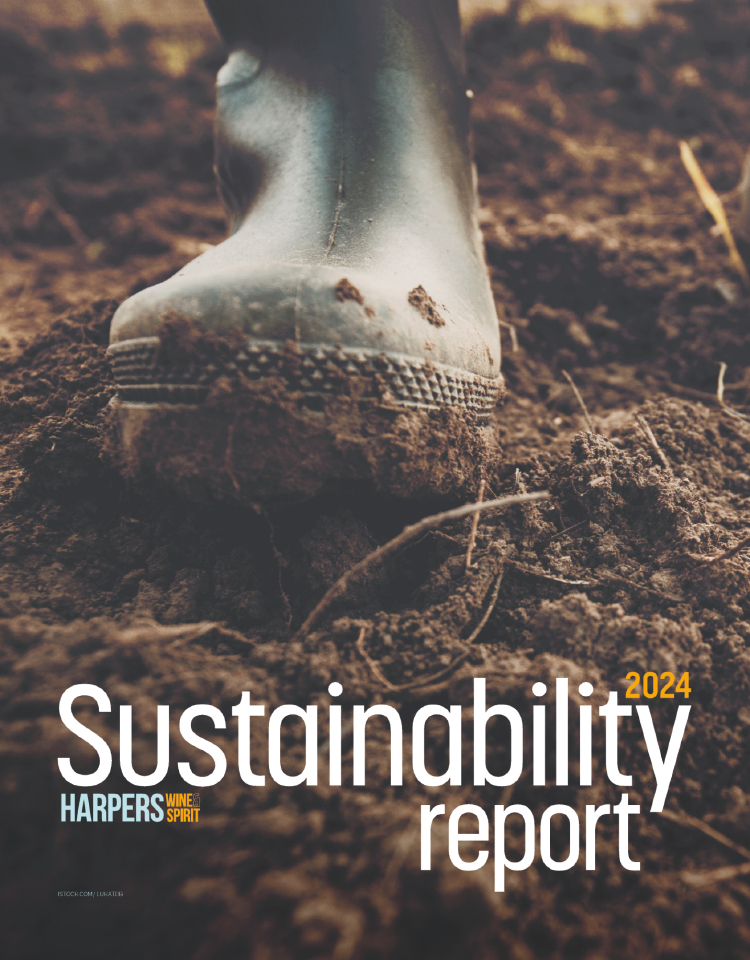
Cava completes harvest amid reports of 55% grape loss
The Cava Designation of Origin has announced the completion of its 2023 harvest, following reports of grape losses between 35% and 55% compared to normal years.
According to the DO, the harvest as a whole is ‘balanced’, with some regions more affected by the drought than others, such as the Valls d'Anoia-Foix subzone, which belongs to the Comtats de Barcelona.
The president of the Regulatory Council, Javier Pagés, highlighted “the extreme conditions that the vine growers and winemakers have had to deal with”, although, at the same time, he was “pleased with the exceptional quality of the grapes in terms of health and ripeness, with a quality and acidity suitable for the production of Cava”.
- Read more: Gavi goes for gold
As reported by Reuters, vineyards across Catalonia’s Penedes cava-producing region were subjected to Spain's long drought, registering the driest start to a year in the first four months of 2023 since records began in 1961.
With more than 70% of international sales, Cava is the Spanish DO with the highest exports. The Cava industry has over 38,000ha of vineyards and more than 6,200 winegrowers. Its 349 associated wineries are present in more than 100 countries.
After facing economic challenges the year before, 2022 saw Cava achieve some noteworthy results – total sales rose to 249,135 million bottles, an increase of 4.58% on 2021.
This was achieved in large part with sales to foreign markets, which represent 69% of the DO’s total sales. Germany maintained its position as the top consumer (up 2.22%), followed by the US, Belgium and the UK. Sweden entered into the ranking of the top five markets for the first time (up 35.34%).
The challenge for the DO will be to maintain the positive momentum it has generated in the export market in recent years, led by a generation of younger drinkers, most of whom can’t recall a time when Cava was anything but premium. However, following reports of a difficult harvest due to ‘extreme’ weather conditions, that challenge has become a lot tougher.







